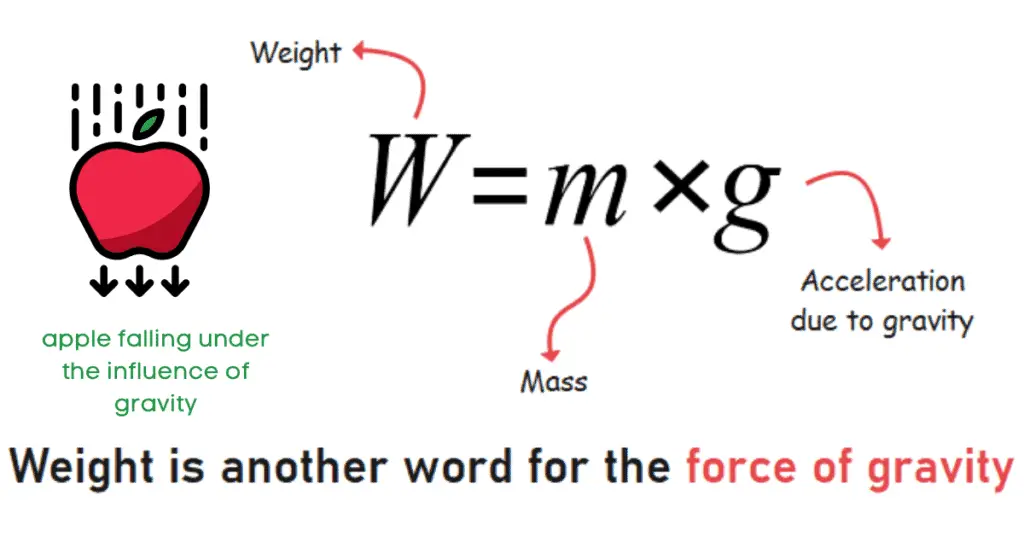
We all know that in the study of physics most of the time we deal with two types of quantities namely scalars and vector quantities. There is a difference between scalar and vector quantities.
A scalar quantity is a number that represents only one value, such as length, area, volume, etc. A vector quantity is a quantity whose magnitude is represented by a single number, but whose direction is also specified. For example, the displacement between two points along a line is a vector quantity because its magnitude is measured in terms of distance, but its direction is specified by the position of the point relative to the origin. Some other examples of vector quantities include force, velocity, torque, etc.
Our current discussion is about is weight a vector or scalar? If I am to answer this question straight away I would say
Weight is a vector quantity
Now the question arises why is it so. Why is weight a vector quantity?
Often time people are confused between these two quantities
- Mass
- Weight
In day-to-day life, people use them interchangeably but in the context of physics these two are different quantities and there should be no confusion about their meaning. Mass is a scalar quantity while weight is a vector quantity. Mass is defined as an object’s total amount of matter. Mass is an intrinsic property of matter. It is measured in kilograms, pounds, ounces, etc.
How is weight a vector quantity?
Weight is the force exerted by gravity on an object. It is measured in newtons, pounds, ounces, etc.
Weight is a vector quantity because it has both magnitude and direction. The direction is called the weight line.
Let’s look at the reason why we are calling weight a vector quantity.
I hope you’re familiar with the formula for calculating force (according to Newton’s Second Law of Motion) in vector form which is given by the relation
$\vec F = m\vec a$
Where $F$ is a vector and acceleration $\vec a$ is also a vector.
On the other hand, take a look at the weight formula which is given by the relation
$W=mg$
Where $W$ is the body’s weight and $g$ is the acceleration due to gravity. The value of acceleration due to gravity is $9=9.8m/s^2$
Because gravity is constantly accelerating you downwards, the direction of this force (weight) is also downwards. It is a vector quantity because it has a direction. (see Is acceleration a vector or scalar?)

If a scalar is multiplied by a vector, the magnitude and direction of the resultant quantity may change, but the resultant quantity is always a vector, according to the law of vectors or algebra of vector.
It is important to note here that $W=mg$ applies all the time even when the object under consideration is not accelerating.
